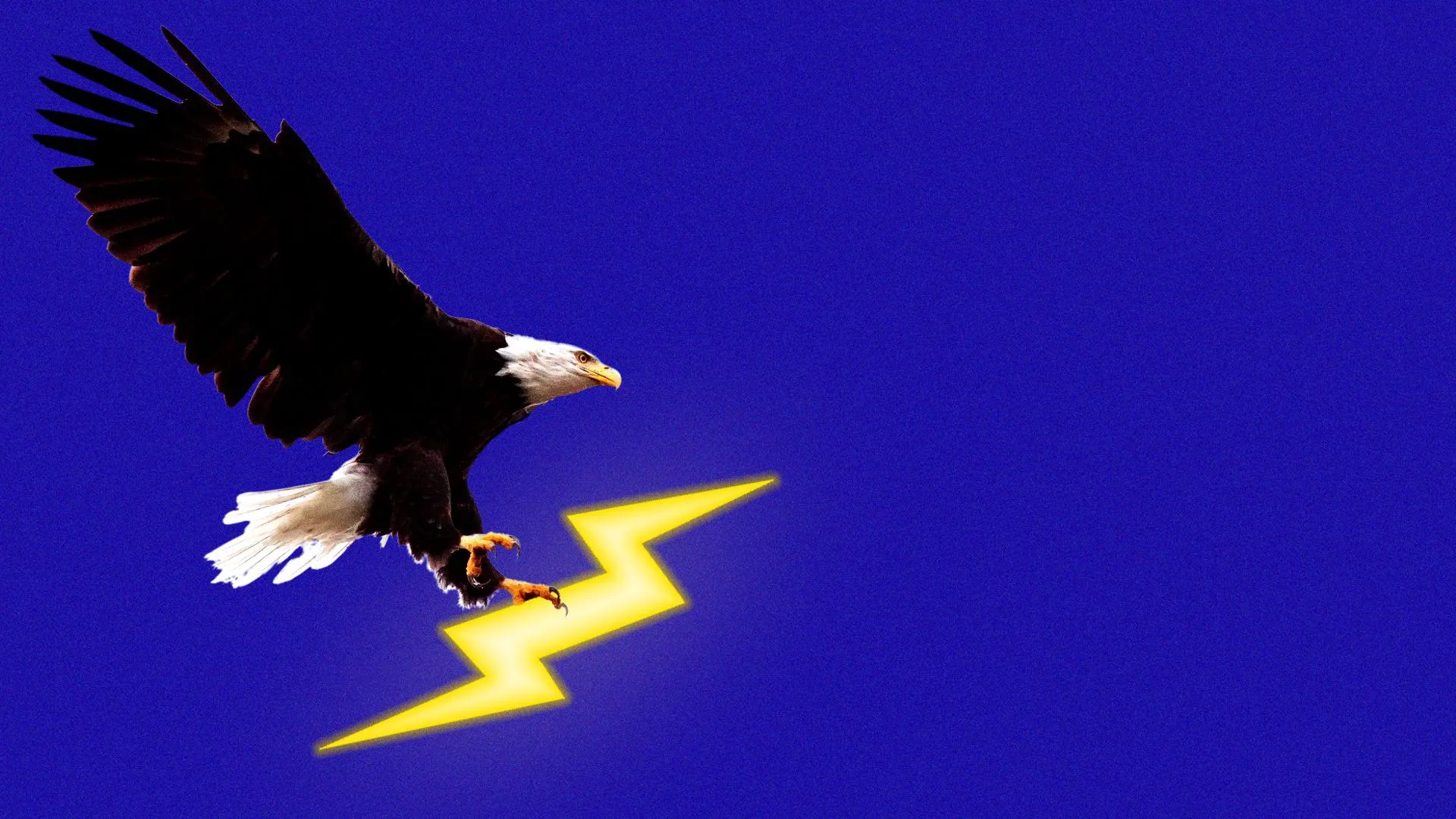Domestic companies in the battery supply chain are launching a new industry coalition that seeks stronger support for U.S. projects.
Why it matters: Battery Advocacy for Technology Transformation aims to occupy a unique lobbying role in the crowded space.
- Former high-level Energy Department officials steeped in battery and materials policy are running the effort.
- It aims to infuse lobbying around critical materials and recycling with deep technical input.
- The group is seeking changes to climate law policies and more trade protections.
State of play: Founding members are U.S. firms or domestic subsidiaries of companies headquartered in allied countries.
- They include Xerion Advanced Battery Corp., cathode supplier Mitra Chem, silicon anode supplier NanoGraf Corporation, lithium company Novalith, materials company Sicona Battery Technologies, and Orbia Fluor & Energy Materials.
- Future members could include mining companies, a spokesperson said.
Zoom in: It’s run through the government affairs firm SMI and counts a handful of DOE vets.
- SMI’s Samm Gillard, the executive director, worked at DOE’s Vehicle Technologies and Manufacturing and Energy Supply Chains offices.
- Strategy director Dave Howell was at DOE for over two decades, helping create the manufacturing office and before that leading the vehicle tech office.
The big picture: The 2022 climate law and other policies have unprecedented support for building a domestic and ally-based supply chain.
But China dominates not only mining, but also refining of many minerals and production of anodes, cathodes and other components.
- BATT argues that the law and some implementing rules should better support U.S. projects.
- For instance, Gillard calls leased EVs’ exemption from IRA sourcing requirements for consumer credits “a loophole to end all loopholes.”
What they’re saying: “We’re not … looking to tear down the current policies. It’s really to fill in the gaps, to identify the gaps, to fill those in with additional policy, and then bolster the overall policy portfolio around the battery supply chain,” Howell said in an interview.
- The group supports stricter implementing rules around the IRA goal to disqualify materials from “foreign entities of concern” — that means China — from U.S. EV subsidies.
- Manufacturing tax credits for battery cells and modules should have sourcing requirements around materials like cathode building blocks, it says.
- Another goal: using tariffs to provide domestic materials and components a “level playing field.”
The intrigue: The IRA — and the overall rise of EVs — is shaking up K Street.
- Recent years have brought new alliances in the mining, materials, auto and other spaces.
- BATT is only the newest player, joining coalitions like the the Battery Materials & Technology Coalition, the Key Minerals Forum and the Coalition for American Battery Independence.
What’s next: The new group is eyeing the 2025 debate over expiring 2017 tax cuts as a place to win changes.

